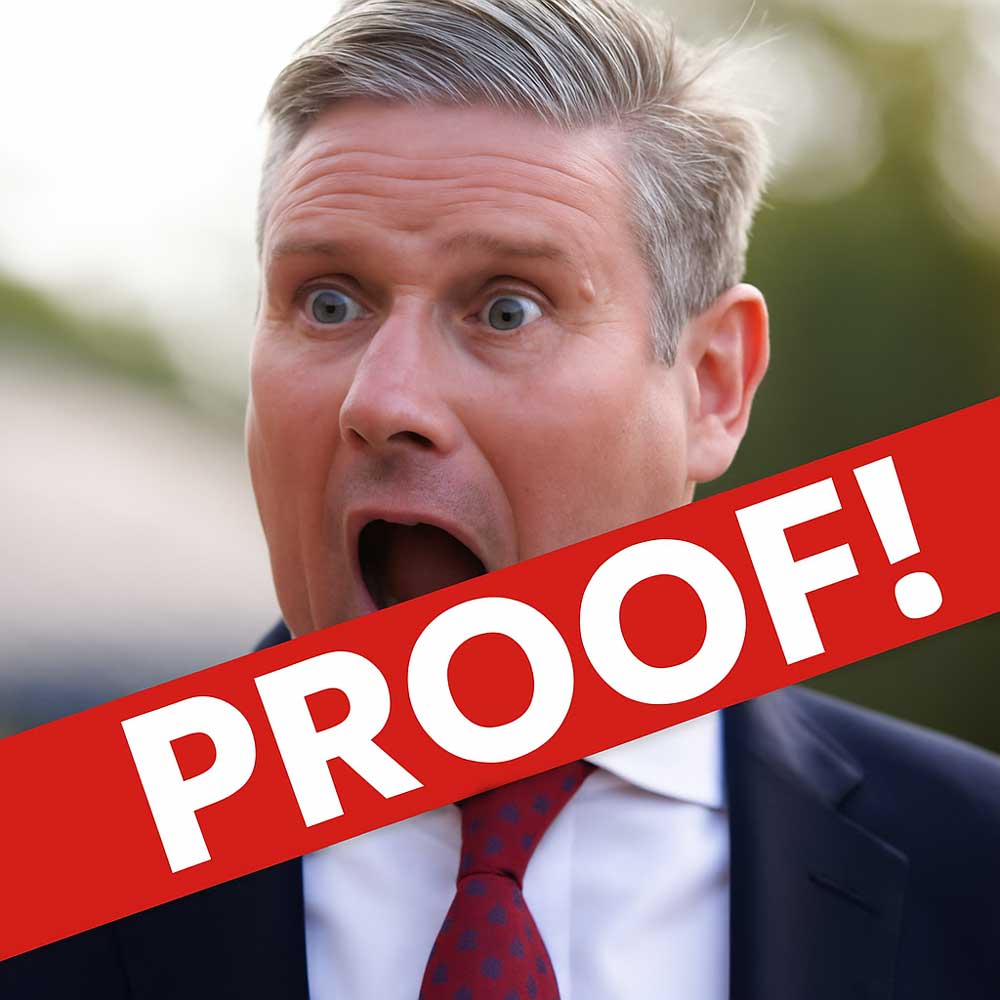Justin Welby, the leader of the Anglican Church, has announced his resignation amidst criticism over his handling of a historical abuse scandal, leading to questions about his successor. A recent report highlighted Welby’s failures to adequately investigate accusations of widespread abuse perpetrated by John Smyth, an influential evangelical figure, during youth summer camps decades ago.
As Welby steps down, a critical process begins to identify the next archbishop, responsible for guiding approximately 85 million Anglicans worldwide. The responsibility for the selection falls to the Crown Nominations Commission, which comprises 16 members, including bishops and representatives from various church bodies. Despite the potential for already prepared dossiers on candidates, the selection process is expected to remain largely clandestine, with limited public transparency.
The commission will discuss potential candidates and ultimately submit their preferred choice to the Prime Minister, who will then advise the monarch. Although Welby had initially been set to retire in 2026, his abrupt departure now requires an expedited process to find his successor.
As discussions unfold around possible successors, the issue of transparency in the selection process is likely to come under scrutiny, reflecting the church's need to respond to broader societal calls for accountability, particularly in light of the recent scandal. The Anglican community will be watching closely as the next leader emerges in a time of both challenge and change for the church.
As Welby steps down, a critical process begins to identify the next archbishop, responsible for guiding approximately 85 million Anglicans worldwide. The responsibility for the selection falls to the Crown Nominations Commission, which comprises 16 members, including bishops and representatives from various church bodies. Despite the potential for already prepared dossiers on candidates, the selection process is expected to remain largely clandestine, with limited public transparency.
The commission will discuss potential candidates and ultimately submit their preferred choice to the Prime Minister, who will then advise the monarch. Although Welby had initially been set to retire in 2026, his abrupt departure now requires an expedited process to find his successor.
As discussions unfold around possible successors, the issue of transparency in the selection process is likely to come under scrutiny, reflecting the church's need to respond to broader societal calls for accountability, particularly in light of the recent scandal. The Anglican community will be watching closely as the next leader emerges in a time of both challenge and change for the church.





















